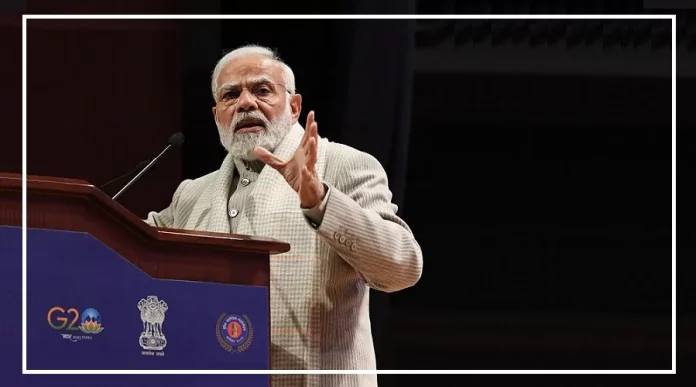New Delhi :
The central government is preparing to make significant changes to the Waqf Board, which has claimed various properties, including historical forts and entire villages, as Waqf property.
Two bills related to the Waqf Board Act may soon be introduced in Parliament.
These bills propose 44 amendments to improve the management and operation of Waqf properties.
Key Changes in the Proposed Bills
The government plans to introduce two bills:
- Abolishment of the Muslim Waqf Act 1923 – This bill will repeal the older legislation.
- Amendments to the Waqf Act 1995 – The Waqf Amendment Bill 2024 will update the Waqf Act 1995 with 44 new amendments.
These changes aim to improve how Waqf properties are managed.
For example, section 40 of the Waqf Act 1995, which allows the Waqf Board to declare any property as Waqf property, will be removed.
The name of the Waqf Act 1995 will also be changed to the Integrated Waqf Management, Empowerment, Efficiency, and Development Act 1995.
New Structure and Regulations
Representation and Composition: The Central Waqf Council and State Waqf Board will include both Muslims and non-Muslims, with mandatory representation for two women.
It will also include representatives from various Muslim communities, such as Shia, Sunni, Bohra, and Aagakhani.
The Waqf Council will consist of a Union Minister, 3 MPs, 3 Muslim organization representatives,
3 Muslim law experts, 2 former Supreme Court or High Court judges, one lawyer, 4 nationally recognized individuals, and the Secretary of the Government of India.
Appeals and Property Management: The new amendments will allow 90 days for appeals to the High Court against Waqf Tribunal decisions.
A designated Collector or Deputy Collector will be authorized to survey Waqf properties. Separate boards will be established for Bohra and Aagakhani properties.
Registration and Donations: The Waqf Council will not have the authority to claim properties.
If the Waqf Board wishes to register a property as Waqf, it must issue a notice to all concerned parties and register it on a centralized website.
Only practicing Muslims will be permitted to donate property to the Waqf Council or Board, and the decision to donate must be made by the legal owner.
Disputes over property will be investigated by officials, who will then adjust the records accordingly.
The new law will also ensure that Waqf funds are used for the welfare of widows, divorcees, and orphans, and will aim to protect women’s inheritance rights.
